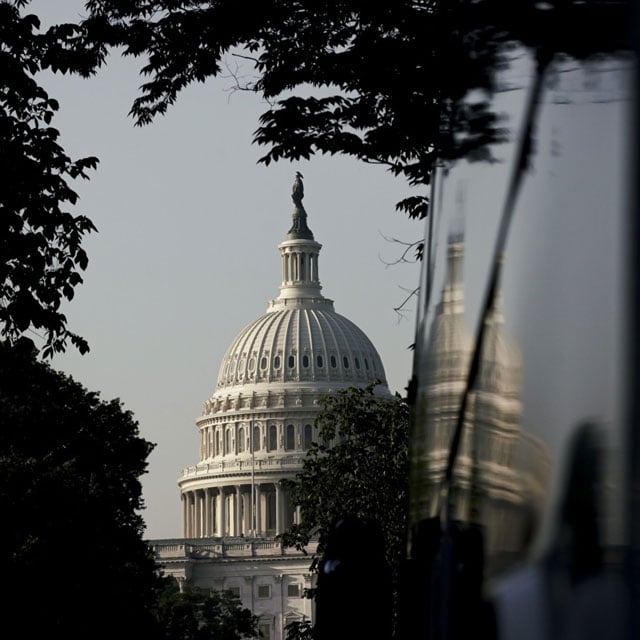Lawmakers Tell DOL to 'Cease' Work on New Fiduciary Rule

What You Need to Know
Sen. Bill Cassidy and Rep. Virginia Foxx told Julie Su they oppose Labor’s efforts to write a new fiduciary rule.
Over the last two years, Labor has espoused at least three separate positions on what it means to be an investment advice fiduciary, the lawmakers said.
President Biden’s DOL continues to change its stance in this fiduciary advice area, the lawmakers argue.
Top lawmakers on the Senate Health, Education, Labor and Pensions (HELP) Committee and the House Education and the Workforce Committee told Acting Labor Secretary Julie Su on Thursday to “cease further action” on a new fiduciary rule.
Sen. Bill Cassidy, R-La., ranking member of the HELP Committee, and Rep. Virginia Foxx, R-N.C., chairwoman of the Education and the Workforce Committee, told Su in a letter that they oppose Labor’s continuing efforts to promulgate a rule on “Conflict of Interest in Investment Advice” to revise the definition of fiduciary under Section 3(21) of the Employee Retirement Income Security Act.
“Over the last two years, the Department has espoused at least three separate positions on what it means to be an investment advice fiduciary,” the lawmakers wrote. “By failing to articulate itself consistently, the Department has created unnecessary instability for retirement plans, retirees, and savers.”
Labor’s “misguided efforts to revise the definition of investment advice fiduciary have created confusion in the marketplace and unwarranted compliance expenses,” the lawmakers continued.
For instance, they pointed to the recent opinion by the U.S. District Court for the Southern District of New York criticizing the Department “for its shifting interpretations on fiduciary investment advice.”
Specifically, the lawmakers pointed out that the Court stated, “How, then, should the Court interpret the investment advice fiduciary provisions in light of DOL’s shifting interpretations? There is no DOL interpretation binding on this court.”






